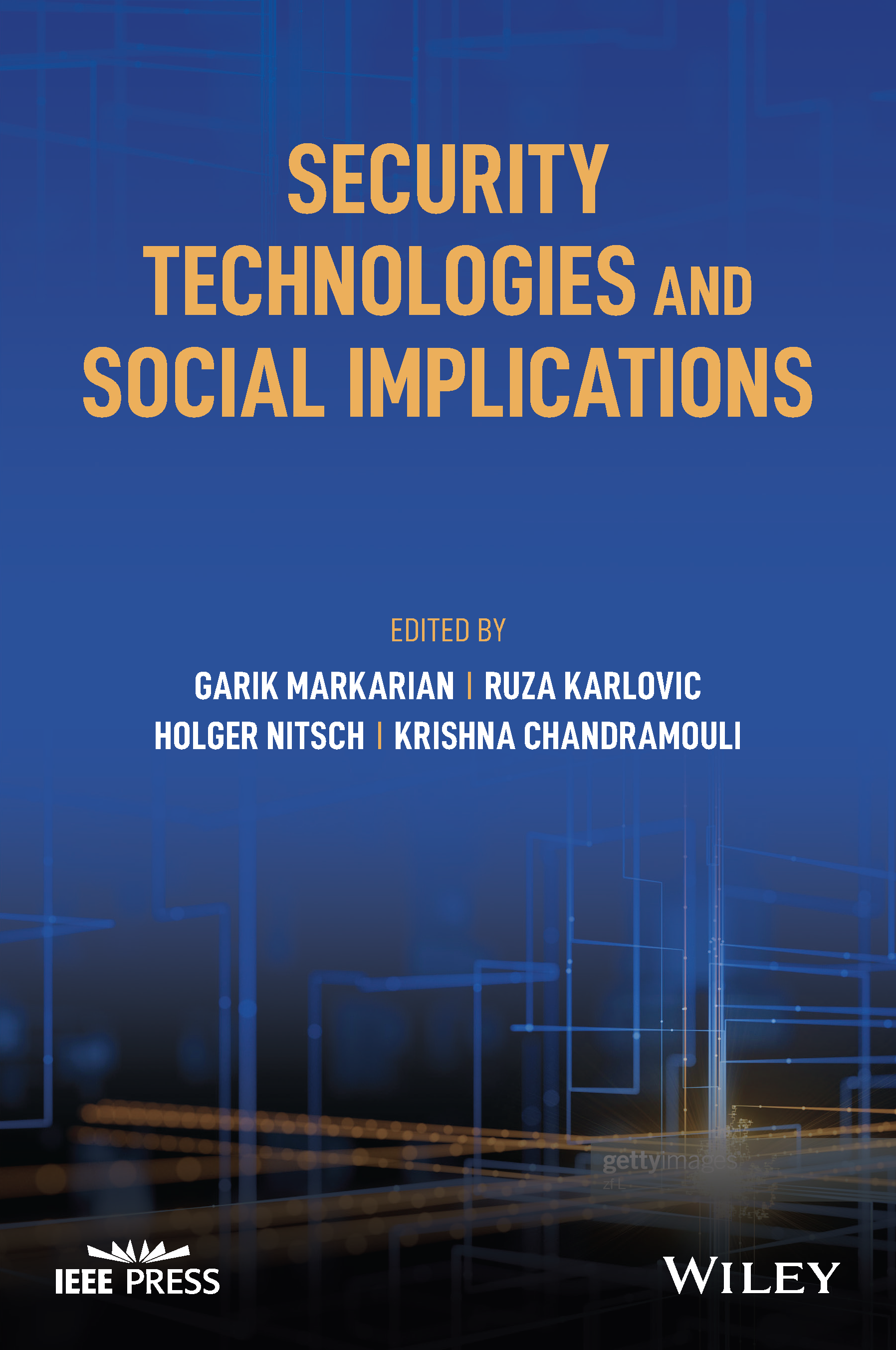
Data analytics and AI bias in LEAs decision-making

Challenges, gaps and related innovation solutions
Date: May 19th, 2023 / 10:00am CET
Host: SYNYO GmbH
Location: Online
EU fundamental rights experts warn that biased programmed algorithms can amplify and lead to discrimination when used in AI-powered policing. That’s according to a report presented by the European Union Agency for Fundamental Rights (FRA). Indeed surveillance and predictive policing through AI are claimed to be the most controversial trend, but one that has important implications for the future of cities and societies.
Against this background the EU-funded projects NOTIONES and popAI organized a webinar, which provided an overview of best practices and experiences with the application by law enforcement agencies across Europe of AI and algorithmic tools for policing. The event aimed to also shed light on existing challenges and gaps and related innovation solutions.
REWATCH THE WEBINAR BELOW!

Tarja Laakkonen
Laurea University of Applied Sciences
tarja.a.laakkonen[at]laurea.fi

Tarja Laakkonen
Laurea University of Applied Sciences
tarja.a.laakkonen[at]laurea.fi

Tarja Laakkonen
Laurea University of Applied Sciences
tarja.a.laakkonen[at]laurea.fi
08:30 – 09:00
Registration and welcome coffee
Keynote Speaker:
Prof Garik Markarian is Emeritus Professor at Lancaster University, UK and the CEO and Founder of Rinicom Ltd. Prior to joining Lancaster University, he spent over ten years in wireless broadband industry, working in senior executive positions for the UK, USA and Canadian technology Companies. He is one of the founding members of the IEEE802.16 standard, where he chaired a number of working groups and actively contributed to the EUROCAE WG-82 (AeroMAX), EUROCAE WG-72 and WG-115 standards.
Current research interests include Aviation Security, Secure Communication Systems and Artificial Intelligence for Security Applications. He has co-authored over 700 publications, including 42 patents and 5 text books (including “Aviation Security Engineering: A Holistic Approach” and “Counter-UAV Handbook” both with ARTECH House). He is a Fellow of the National Academy of Sciences in Armenia and for long time served as the Chair of the IET Professional Panel in Communications. Under his management Rinicom grew up to become one of the world leading technology companies supplying its products to first responders and security agencies around the world. In recognition of these achievements, Rinicom was awarded Queens Awards for Excellence in Business in 2013 and 2018.
Co-presenters:
Prof. Holger Nitsch – the head of the social science department for the University of Applied Sciences for Public Affairs in Bavaria – Department for Policing.
Prof. Ruza Karlovic – Vide Dean for Research, Police University College, Zagreb, Croatia.
Dr. Krishna Chandramouli – Lecturer, Queen Mary University, London, UK.
Keynote
This presentation will be based on the book “Emerging Technologies for Law Enforcement and Intelligent Services and Associated Social Implications” by G.Markarian, R.Karlovic, H.Nitsch and K.Chandramouli, which is scheduled to be published in Q3 2022 by IEEE Press and Wiley.
Title: “Emerging Technologies for Law Enforcement and Intelligent Services and Associated Social Implications”
Authors: G.Markarian, R.Karlovic, H.Nitsch, K.Chandramouli
Emerging Technologies for Law Enforcement and Intelligent Services and Associated Social Implications
Advancements in scientific technologies have resulted in the need for adopting Law Enforcement Agencies (LEAs) capabilities as the development of new technologies encourages the development of the phenomenology of criminal offenses in the digital era. In contrast to the classic police tools (such as gun and/or handcuffs) the new approach relies on the emergence of new tools such as mobile devices, Artificial Intelligence, Machine Learning, social media, drones, robots, GIS, just to name a few. As crime in general and cybercrime in particular are becoming more and more sophisticated, it requires a complex mix of both technological and social measures which include prevention, detection, investigation and prosecution. Effective solution to this problem requires continuous synergy and innovation from different scientific fields and their incorporation into the day-to-day practice of LEAs.
Although significant progress has been achieved in developing innovative technologies, incorporation of such technologies into decision making by LEAs is still slow due to several both objective and subjective reasons. In this presentation we will focus on development and application of new technologies that police officers could leverage as a tool for both predictive and intelligence-led investigations and recommends the best practice for incorporation of these technologies into day-to-day activities by LEAs.




